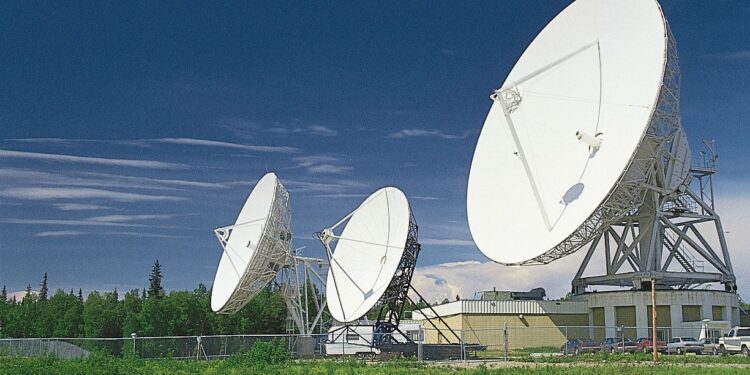The Nigerian Communications Commission (NCC) recently approved a 50% tariff hike for telecom operators, a middle ground compared to the 100% increase they requested. Reactions to the decision have been mixed, with industry experts agreeing that while it offers some relief, telcos must seek alternative revenue sources to stay afloat.
Exploring New Revenue Streams
Ernest Akinlola, a former executive at T-Mobile (Germany), Virgin Mobile (UK), and Etisalat Nigeria, and now the Managing Director of Bboxx, described the NCC’s decision as “a welcomed and balanced outcome.” However, he warned that the increase would not entirely address the financial challenges telcos face.
According to Akinlola, telcos are likely to optimise their operations and shift their focus toward high-value business-to-business (B2B) services. Among these, data centres stand out as a promising venture.
In March 2024, Airtel Africa announced plans to open its first Nigerian data centre, NXtra Data Centres, in Lagos, reflecting this growing trend. Akinlola believes the data centre business could become a crucial strategy for revenue generation, especially as digital demand continues to surge.
Mounting Financial Challenges
Nigeria’s telecom operators have faced mounting losses in recent years due to skyrocketing inflation, forex scarcity, and escalating operational costs. For instance:
- MTN Group reported a $414.7 million loss in 2024, citing rising energy expenses, currency devaluation, and increased taxes.
- MTN Nigeria saw similar setbacks in 2023, struggling with the costs of diesel for cell towers and importing essential equipment.
These losses have made it difficult for operators to meet customer expectations for affordable services while maintaining operational viability.
The Promise of Data Centres
The demand for data centres is surging, driven by increasing Internet usage in Nigeria. Per reports, telco investment in this space has grown by 500%. Mohammed Rufai, MTN’s Chief Technical Officer, noted that expanding data centre infrastructure could help operators handle demand spikes, ensuring seamless customer experiences.
Additionally, the rise of AI offers even greater potential for revenue growth through AI-powered data centres. However, the high cost of entry—such as acquiring GPUs—remains a barrier for most telcos.
Industry experts suggest partnerships as a viable strategy for entering this market. Telcos could leverage their existing infrastructure while partnering with cloud service providers or hyperscalers to share costs and resources.
Cutting Costs Through Solar Energy
Beyond new revenue streams, telcos are also exploring cost optimisation strategies. Akinlola highlighted solar energy as an effective solution, suggesting a potential shift toward “solarisation of telecom towers.”
A 2024 GSM Association (GSMA) report revealed that switching to solar energy could help telcos reduce energy expenses by up to 50%. With Nigeria’s power grid operating far below capacity, relying on expensive diesel generators has only exacerbated the financial strain on telcos. Solar adoption could alleviate these costs significantly.
What Lies Ahead?
While initiatives like tariff hikes, data centres, and renewable energy offer a lifeline, experts caution that these measures may not suffice to sustain every operator. As the economic environment in Nigeria worsens, telcos must remain agile, continuously exploring new ways to balance operational demands with profitability.
Focus Keywords: Nigerian telcos financial struggles, data centres in Nigeria, solar-powered telecom towers, NCC tariff hike, Airtel data centre Lagos, telco revenue optimisation strategies




